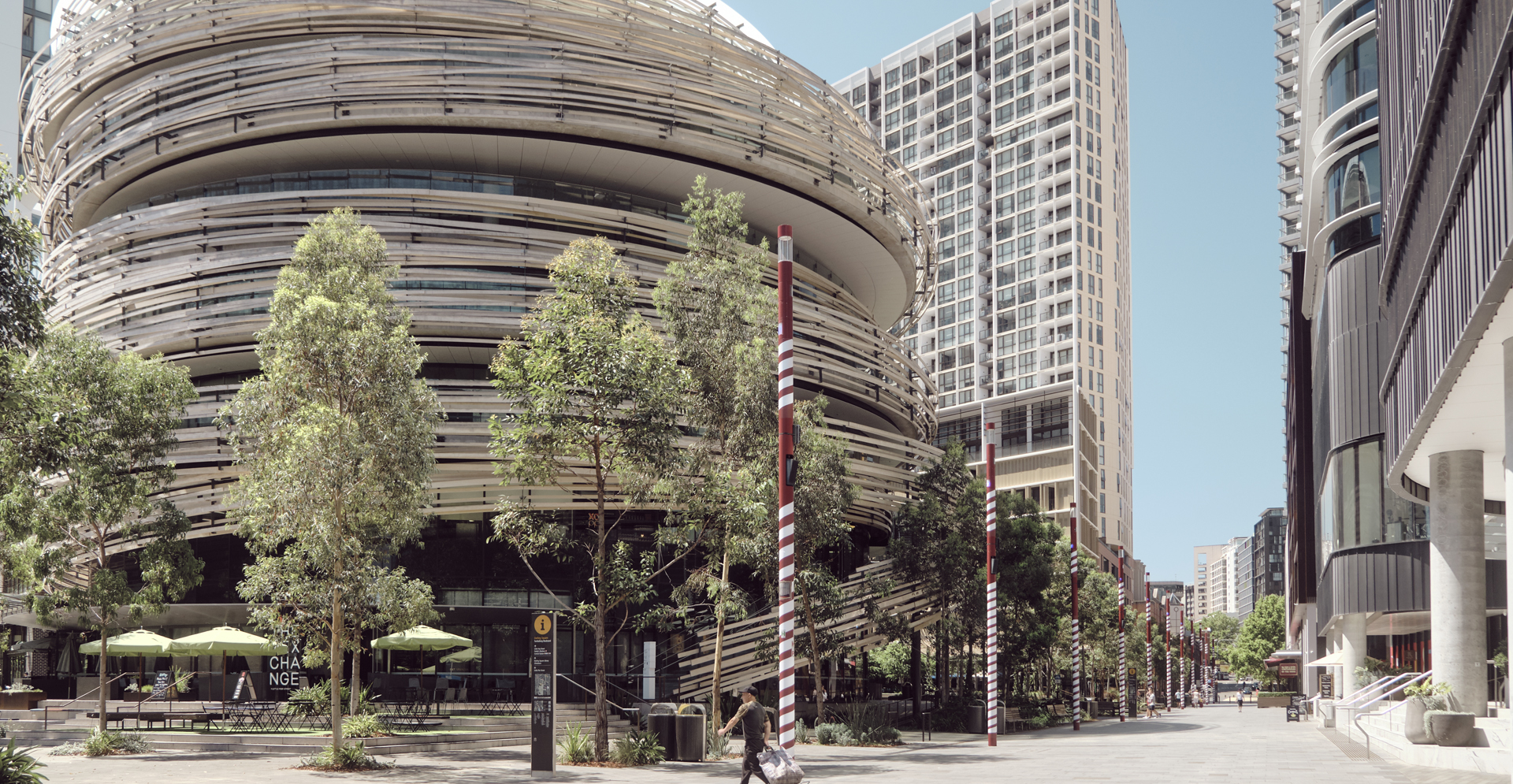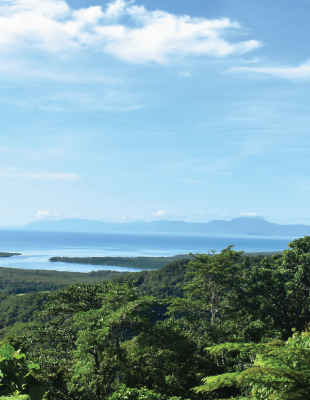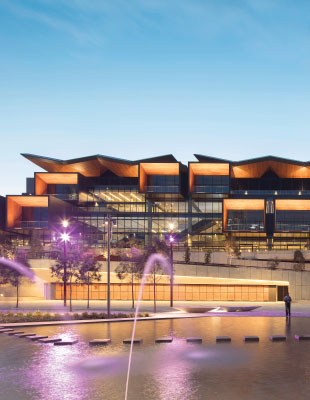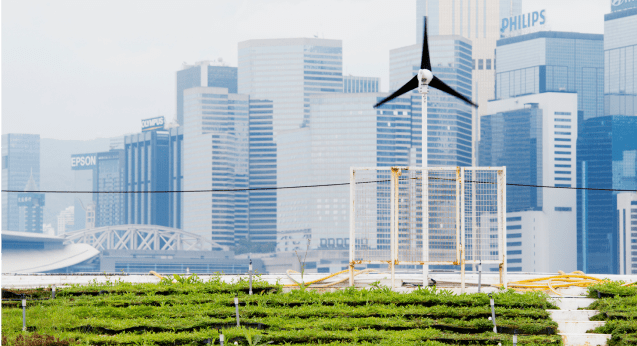Table of Contents
The challenge
To build campus resilience and align with upcoming disclosure requirements, TAFE NSW needed to improve climate risk maturity and assess the risk profile of 168 education campuses.
168
TAFE NSW is a leading provider of vocational courses to over 400,000 students across the state, operating a large portfolio of around 1600 buildings over 168 campuses. Recognising the need to address climate change risks and meet disclosure mandates, TAFE NSW's 20-Year Infrastructure Strategy calls for proactive measures to identify infrastructure and operational vulnerabilities and to develop a strategic plan. Additionally, an enterprise-wide assessment of physical and transition risks was required to support high-level planning and ensure transparency.
The solution
Working with TAFE NSW, we utilised our digital risk tool, Climate Risk Nexus, to gain a holistic view of the portfolio’s climate risks, aligned with their enterprise risk management systems.
22%
Utilising our digital risk assessment platform, Climate Risk Nexus (CRN), we were able to provide crucial insights that TAFE NSW needed for future planning. CRN is a modular solution that supports customised climate vulnerability and risk assessments, providing granular detail and overarching insight to support adaptation planning across all organisational levels. CRN leveraged TAFE NSW’s extensive asset data, the existing enterprise risk framework as well as downscaled climate change projections to generate insights into the risks facing campuses across the portfolio. The project included the development of an interactive adaptation report, built in ArcGIS StoryMaps, as well as a climate risk maturity roadmap.
Supporting the detailed campus-level assessment, Arcadis also undertook an enterprise-level physical and transition risk assessment to understand the primary climate-related challenges faced by TAFE NSW as an organisation. Our approach built out a profile of climate risks linked to both portfolio and campus level risks via parent child relationships. Leveraging the asset-level insights obtained via the detailed assessment, TAFE NSW could be confident in risk evaluation to inform disclosures. Our stakeholder-led approach featured multi-disciplinary collaboration across the organisation from risk managers to the sustainability team and asset management experts.

The Impact
Arcadis provided TAFE NSW a climate risk roadmap, enterprise risk assessment, and Climate Risk Nexus Platform access, paving the way for long-term improvements to resilience and safe learning.
24
Our approach provided TAFE NSW with a highly customised assessment and a solution for ongoing climate risk management, both at the level of individual assets and the entire portfolio. Simple reporting features, such as adaptation tracking and risk profiles across scales provides the TAFE NSW team with an adaptable solution that can be used to both plan action and measure progress. Our resilience roadmap, including targeted priorities, has provided TAFE NSW with a clear plan of action to reduce risk and uplift organisational climate risk maturity.
TAFE NSW is now in the best possible position to protect their assets and meet the challenges ahead with an informed strategy – meaning thousands of students will benefit from more durable, safe and supportive learning environments for decades to come.
Not done reading?
This also might be interesting for you
- Related Projects
- Related Insights
- Related Blogs






